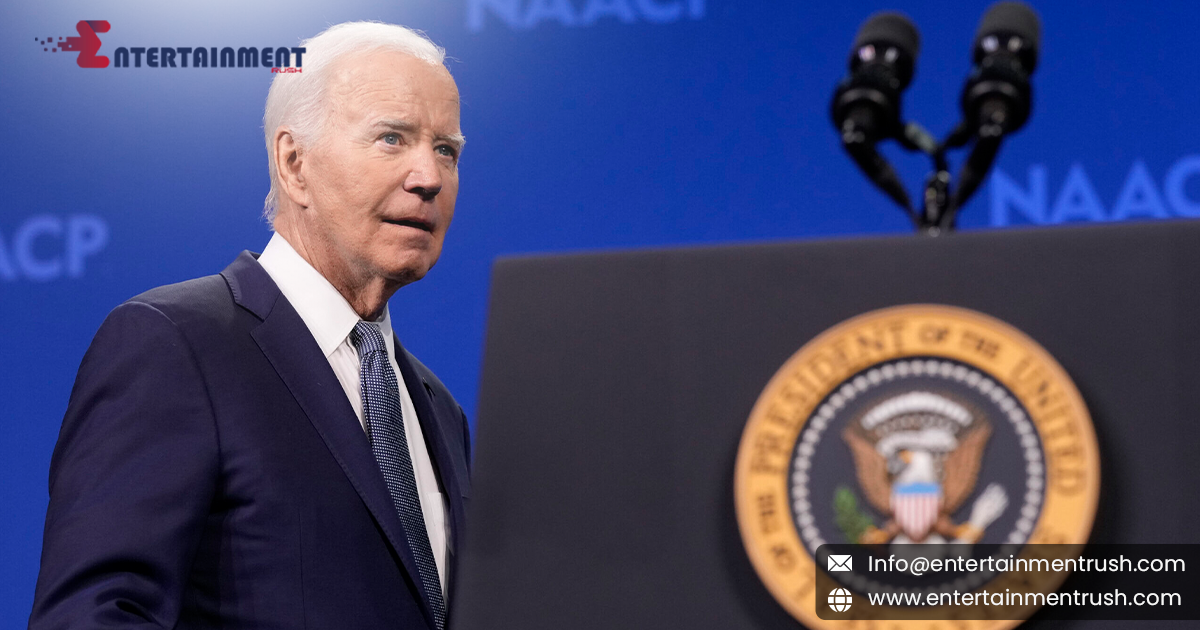The United States plays a pivotal role in shaping global affairs, influencing international policies, and fostering diplomatic relations that impact nations across the world. As a leading global superpower, the US engages in various spheres of international diplomacy, security, trade, and humanitarian aid, wielding significant influence on the global stage.
Diplomatic Leadership and Multilateral Engagement
US diplomacy serves as a cornerstone of its global influence, characterized by its involvement in international organizations such as the United Nations, NATO, and the G7. Through diplomatic channels, the US promotes peace, stability, and democracy, while addressing global challenges such as climate change, nuclear proliferation, and human rights abuses. Its leadership in multilateral forums underscores its commitment to collaborative solutions and global governance.
Military and Security Alliances
The United States maintains a robust military presence worldwide through alliances and strategic partnerships. NATO, for instance, represents a cornerstone of transatlantic security cooperation, ensuring collective defense and stability in Europe and beyond. Additionally, bilateral agreements with countries in Asia, the Middle East, and Africa reinforce US security interests, counterterrorism efforts, and regional stability, demonstrating its commitment to global security architecture.
Economic Diplomacy and Trade Policies
Economic diplomacy is integral to US global influence, driven by its status as the world’s largest economy and a key player in international trade. The US advocates for free trade agreements, fair market practices, and economic reforms that promote growth and prosperity globally. Initiatives such as the Trans-Pacific Partnership (TPP) and the US-Mexico-Canada Agreement (USMCA) exemplify its efforts to enhance economic cooperation and competitiveness on a global scale.
Humanitarian Aid and Development Assistance
The US leads efforts in humanitarian aid and development assistance, providing critical support to countries affected by conflicts, natural disasters, and humanitarian crises. Through agencies like USAID and partnerships with international NGOs, the US delivers food aid, medical assistance, and disaster relief to vulnerable populations worldwide, demonstrating its commitment to global humanitarian efforts and fostering goodwill among nations.
Cultural Influence and Soft Power
American culture, media, and technology exert significant soft power globally, influencing trends in entertainment, fashion, technology, and lifestyle. Hollywood films, popular music, social media platforms, and technological innovations shape global perceptions and preferences, promoting American values such as freedom, diversity, and creativity. This cultural influence enhances US global engagement by fostering cultural exchanges, promoting understanding, and building bridges across diverse societies.
Challenges and Responsibilities
Despite its global influence, the United States faces challenges in navigating complex geopolitical dynamics, balancing national interests with international obligations, and addressing global crises effectively. Issues such as climate change, cybersecurity threats, global health pandemics, and geopolitical tensions require concerted international cooperation and strategic leadership to achieve sustainable solutions and global stability. US engagement in current global affairs reflects its leadership role in shaping international norms, promoting democratic values, and advancing global prosperity. By leveraging diplomatic, military, economic, and cultural influence, the United States contributes to a more interconnected world while addressing global challenges and opportunities with resilience and foresight. As the landscape of international relations evolves, US engagement remains pivotal in shaping a more secure, prosperous, and inclusive global community.




Leave feedback about this